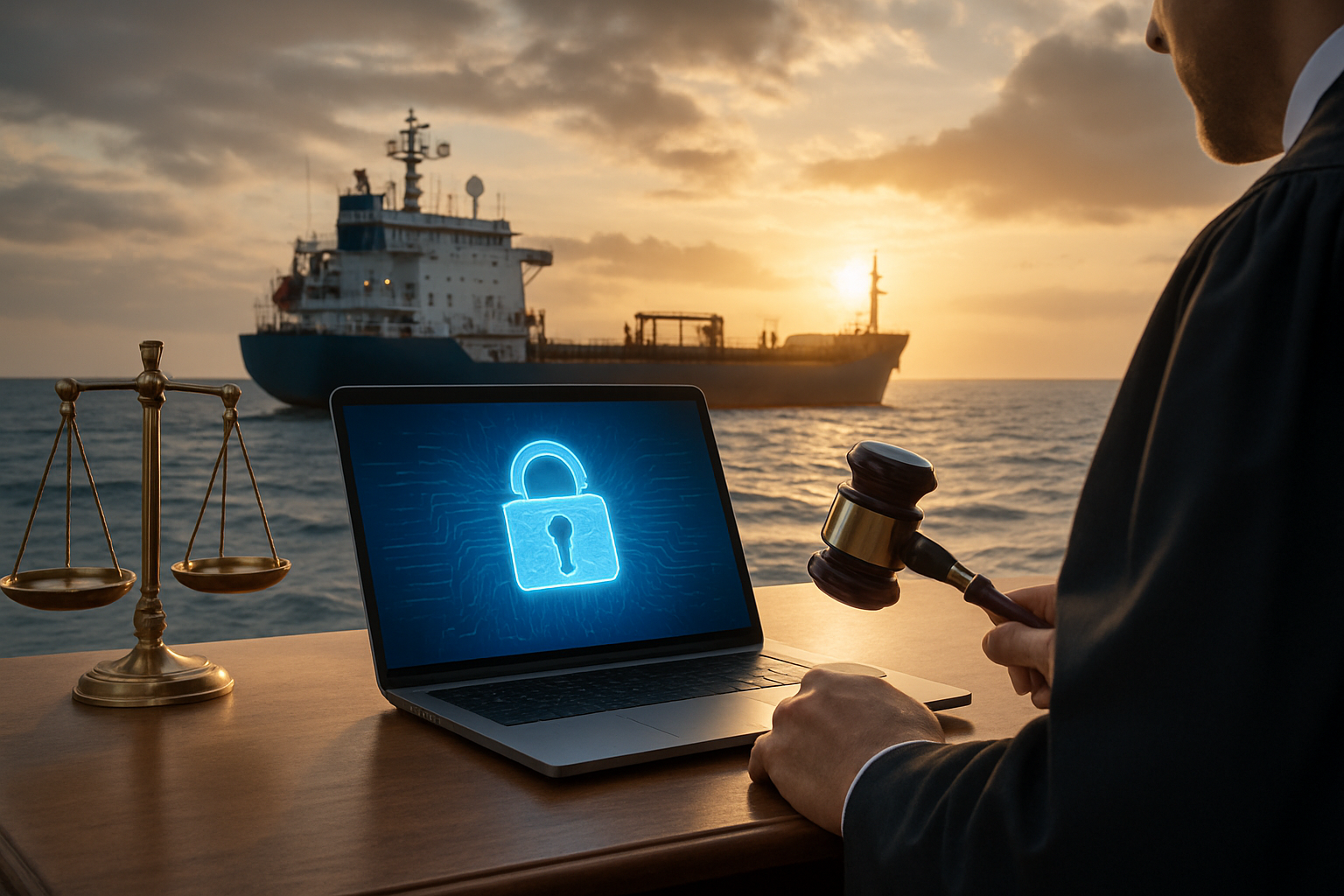Title: Decoding the Complexities of International Maritime Law
International maritime law, a fascinating yet often overlooked legal domain, governs the intricate web of rules and regulations that shape global maritime activities. From commercial shipping to environmental protection, this complex field plays a crucial role in maintaining order on the high seas. As global trade continues to expand and new challenges emerge, understanding the nuances of maritime law becomes increasingly important for nations, businesses, and individuals alike.

Key Principles of International Maritime Law
At its core, international maritime law is built upon several fundamental principles. The concept of freedom of the seas, first articulated by Dutch jurist Hugo Grotius in the 17th century, remains a cornerstone of maritime law. This principle ensures that no nation can claim sovereignty over the open ocean, allowing for free navigation and trade. Additionally, the law of the sea, codified in the United Nations Convention on the Law of the Sea (UNCLOS), establishes rules for territorial waters, exclusive economic zones, and the rights of coastal states.
Jurisdiction and Enforcement Challenges
One of the most complex aspects of international maritime law is the issue of jurisdiction. Unlike land-based legal systems, maritime law must contend with the fluid nature of the seas and the diverse nationalities of vessels, crew members, and cargo. This complexity often leads to jurisdictional disputes and challenges in enforcing laws and regulations across international boundaries. Courts and arbitration tribunals around the world have developed specialized expertise to navigate these intricate legal waters.
Environmental Protection and Maritime Law
In recent years, environmental concerns have become increasingly prominent in maritime law. The International Maritime Organization (IMO) has implemented numerous regulations to reduce pollution from ships, including strict limits on emissions and guidelines for the disposal of waste at sea. The Polar Code, which entered into force in 2017, addresses the unique environmental challenges of Arctic and Antarctic waters, highlighting the adaptability of maritime law to emerging global issues.
Maritime Security and Piracy
Maritime security remains a critical concern in international law. Piracy, once thought to be a relic of the past, has reemerged as a significant threat in some regions, particularly off the coast of Somalia and in the Gulf of Guinea. The international community has responded with naval patrols, enhanced security measures, and legal frameworks to prosecute pirates. These efforts underscore the ongoing need for cooperation and adaptation in maritime law to address evolving security challenges.
The Future of International Maritime Law
As technology advances and global trade patterns shift, international maritime law continues to evolve. Emerging issues such as autonomous vessels, cybersecurity at sea, and the exploitation of deep-sea resources present new legal challenges. The international community must work together to develop robust legal frameworks that can address these complexities while maintaining the delicate balance between national interests and the common heritage of mankind represented by the world’s oceans.
In conclusion, international maritime law stands as a testament to the power of legal frameworks in managing global commons and facilitating international cooperation. As the world becomes increasingly interconnected, the importance of this specialized field of law is likely to grow, shaping the future of maritime activities and global trade for generations to come.






